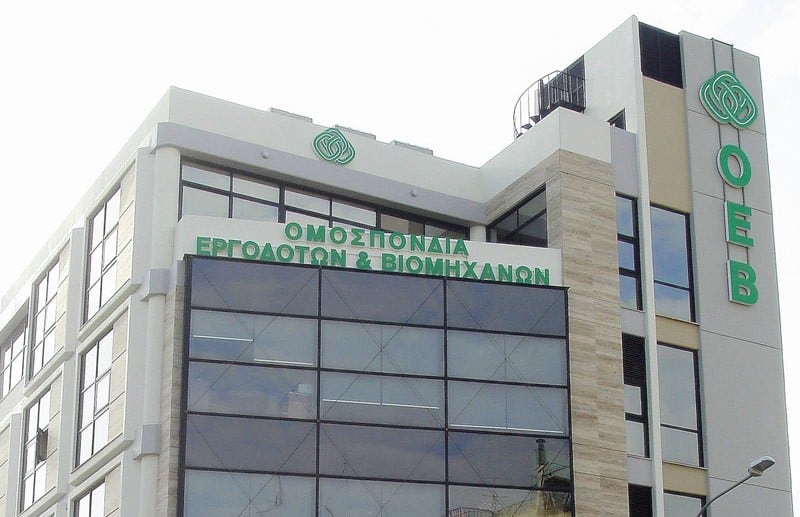The Cyprus Employers and Industrialists Federation (Oev) has outlined what it considers to be the key challenges and priorities for the Cypriot economy, ahead of its annual general meeting on May 7.
These include the rationalisation of energy costs, containing labour costs, and the sourcing of the necessary number of human resources to meet business needs.
According to the announcement, Oev, “closely monitoring developments, has undertaken intensive action to support businesses and enhance their viability”.
It also said that it has “submitted specific proposals and suggestions to the competent ministries, adapting its objectives and strategy accordingly”.
“Particular emphasis was placed on the peaceful renewal of collective agreements, focusing on the containment of labour costs and safeguarding the competitiveness of the Cypriot economy,” it added.
The federation noted that despite challenges, unemployment in 2024 decreased, with the rate falling below 5 per cent for the year (compared to 6.1 per cent in 2023), while employment reached a record rate of around 80 per cent.
Summarising the key labour developments of 2024, oev highlighted that in January 2024 a wage increase of 2.44 per cent on new basic salaries was paid, due to the implementation of the cost of living allowance (CoLA), where applicable.
It explained that this was based on the agreement reached between social partners on July 28, 2017, and its renewal signed on May 12, 2023, which provides for the adjustment of wages to 66.7 per cent of the annual increase of the relevant index.
The announcement further mentioned that one year after the implementation of the national minimum wage (NMW), a decree was issued regarding minimum wage thresholds.
From January 1, 2024, the gross starting minimum wage increased to €900 (from €885), and after six months of continuous employment with the same employer, it rises to €1000 (from €940).
It was added that 2024 proved particularly demanding in terms of collective bargaining, coinciding with the renewal of collective labour agreements for a significant number of individual enterprises as well as sectoral agreements in critical sectors of the economy.
“Despite the difficulties, with Oev’s active contribution, the renewal of collective agreements that had expired in 2023 was achieved, including agreements in the hotel industry, dock workers, and the construction industry, the latter having been under negotiation since 2022,” the announcement said.
The announcement also noted that the strike in the ready-mixed concrete sector, which lasted for 29 days and caused significant problems for the construction sector and the economy more broadly, was a major concern for Oev.
“The federation played a decisive role in resolving the labour dispute and ending the strike,” it stated.
Oev further said that “on the occasion of unjustified and irregular strikes by employees in public hospitals and threats of industrial action in public transport and semi-governmental organisations”, and with the aim of ensuring the smooth operation of businesses and protecting the safety, health, and well-being of citizens, it has “dynamically renewed its demand for the legislation of the agreement on the procedure for resolving labour disputes in essential services”.
“This agreement was concluded in 1999 between Oev, Sek, Peo and Pasydy, but has not been implemented by the unions,” it mentioned.
Moreover, in 2024, the decree regarding the employment of foreign students from third countries was revised, expanding the occupations and specialties in which they are permitted to work.
Additionally, discussions commenced on the revised text of the strategy for the employment of foreign labour, aiming to strengthen processes, address identified weaknesses, and facilitate businesses that demonstrably cannot find suitable local or EU staff to employ third-country nationals, thereby reducing time-consuming bureaucratic procedures.
“The rationalisation of energy costs, the containment of labour costs, and the securing of human resources to meet the needs of businesses remain key challenges for the competitiveness of the Cypriot economy”, the announcement reiterated.
It was further mentioned that increasing the “participation of the inactive population in the labour market, along with the pressing need for training workers to acquire green and digital skills (reskilling and upskilling), is a priority to ensure their employability and to strengthen business competitiveness”.
“These efforts lay the groundwork for sustainable economic development and the country’s progress in the coming years,” the announcement added.
Finally, the federation mentioned that its AGM will be addressed by president Nikos Christodoulides.






Click here to change your cookie preferences